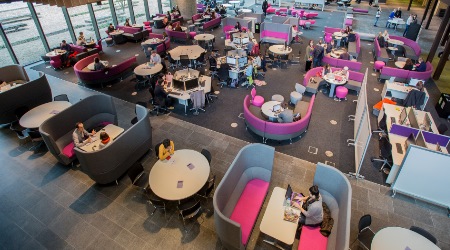успешных поступлений
студентов поступают с первого раза
консультаций студентов с вузами мира
успешных поступлений
студентов поступают с первого раза
консультаций студентов с вузами мира
| Форма обучен. | Начало | Продолж. | Стоимость иностран. | Стоимость UK/ EU | Период оплаты | Академ. год |
|---|---|---|---|---|---|---|
| Онлайн | янв | Кол-во мес: 32 | £7500 | £4330 | Academic year | 2020 - 2021 |
Publishing (distance learning) is a flexible learning programme. It will equip you with the skills and knowledge needed for successful entry into publishing, while studying from home.
This course closely follows our established campus-based MA publishing degrees. We have designed it to address publishing employers' needs. But more importantly, so that you can study while in employment in any field.
The publishing industry needs individuals who are able to assess, evaluate and synthesize data. So you will develop skills and knowledge in:
As part of a study group of other students, you will be supported by a tutor. As well as a Subject Coordinator who will give you further academic guidance.
All modules are delivered online using interactive features of the virtual learning environment (VLE), Moodle.






























